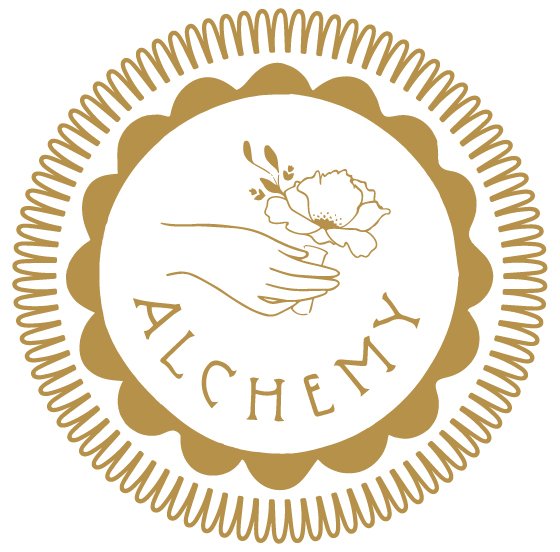Lemonade
There is often an intimate connection between food, health and magic. Certain herbs and fruits are ascribed near-miraculous benefits. Lavender, Rosewater, and… Lemonade?
We don’t often consider the origins of things - like the ubiquitous and quintessential summer drink - Lemonade.
Recipes for drinks made with lemons and other citrus date to the 13th century in Egypt, but in Europe the drink didn’t become popular until the cultivation of lemons made distribution easier. In the 1600s a drink made with lemons, sugar and water became popular throughout Europe.
At the same time there was a prevailing theory about how illness spreads that coincides with a new wave of Plague. “Bad Air” or miasma was believed to be the cause of disease spread. And to combat these bad smells, a variety of concoctions were prepared.
Some preparations were designed to be worn, displayed throughput the home, and some were consumed. We are familiar still with some of the medicines of that era: Chartreuse, Floral Waters, certain colognes. And lemonade.
Lemonade was a popular drink partly because the lemons were credited with preventing plague. But it turns out it wasn’t the consumption of the drink that was important as a preventer of plague. While folks of the day believed it was “bad air”, we know that the disease was spread by fleas via infected rats. The high limonene content in the lemon peels killed the flea larvae and fleas*.
Read more about the connection between Plague and scent and food here: Death/Scent
How is Lemonade connected to Plague?
Lemonade Craze Fought the Plague, How Stuff Works
US Environmental Protection Agency still lists 15 insecticides in which limonene is the chief active ingredient, including both general bug sprays and products for pet flea and tick control.



